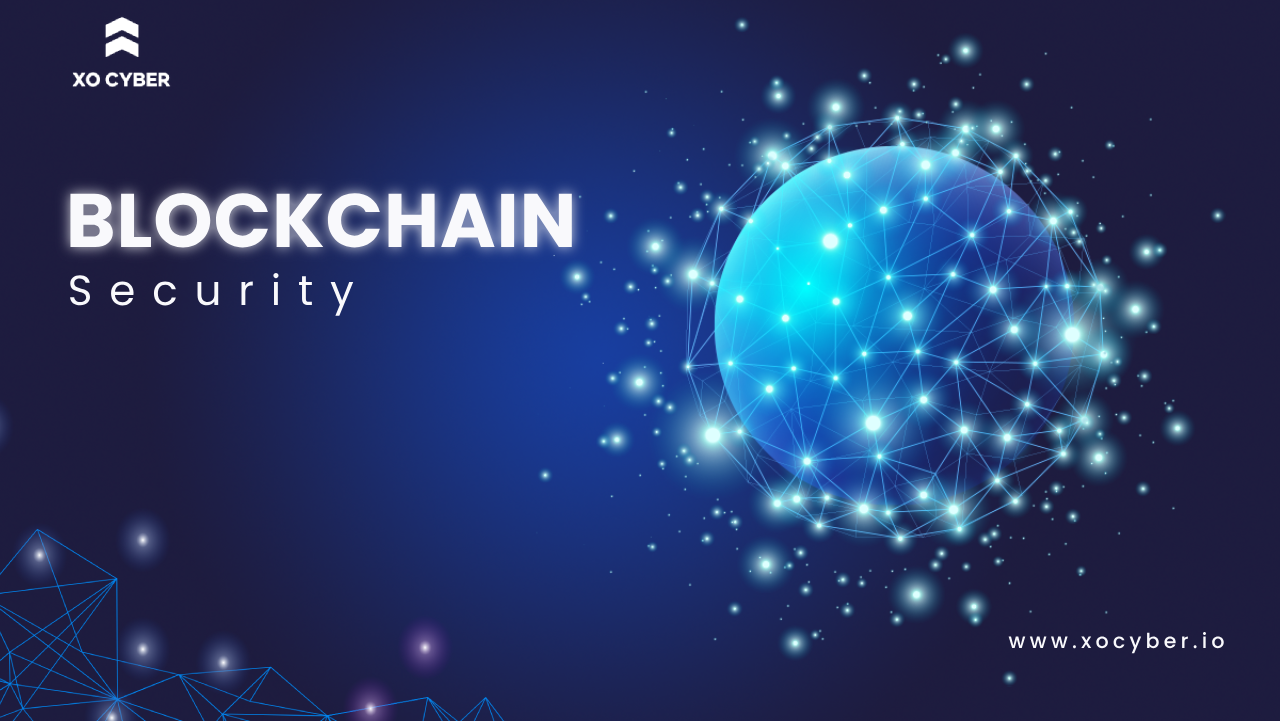
Blockchain technology has rapidly gained popularity in recent years due to its potential for secure and transparent transactions. However, the security of blockchain systems remains a top concern for businesses and individuals alike. As a leading cyber security service provider based in Michigan, we understand the importance of protecting blockchain networks from potential threats. In this article, we will provide an overview of blockchain security and offer valuable insights into how businesses can safeguard their blockchain systems.
One of the most significant threats to blockchain security is the potential for a 51% attack, where a single entity gains control of the majority of the network’s computing power. This could allow the attacker to alter transaction records and undermine the trustworthiness of the blockchain. In addition, smart contract vulnerabilities, phishing attacks, malware, and challenges related to identity access control pose ongoing threats to blockchain security. It is essential for businesses to stay vigilant against these potential risks and take proactive measures to protect their blockchain networks.
As a leading cyber security service provider, we recommend the following strategies to enhance blockchain security:
Implement strong encryption protocols to protect data stored on the blockchain from unauthorized access.
Require multiple forms of authentication for accessing and modifying blockchain data to prevent unauthorized tampering.
Conduct routine audits of the blockchain network to identify and address potential vulnerabilities before they can be exploited by malicious actors.
Implement robust key management practices to protect private keys and prevent unauthorized access to the blockchain network.
Blockchain technology, renowned for its security, faces challenges that require attention for sustained reliability:
Threats arise when a single entity controls over 50% of the network’s mining power, compromising decentralization.
Code flaws in smart contracts can lead to unintended consequences, demanding meticulous code review.
Inadequate security of private keys poses risks of unauthorized access and asset loss.
Evolving regulations present uncertainties, impacting blockchain adoption and development.
Growing networks face challenges in transaction validation speed and cost.
Standardization gaps hinder seamless communication between diverse blockchain networks.
Blockchain’s robust design is not impervious to vulnerabilities; addressing these concerns is vital:
Mechanisms preventing double-spending may face vulnerabilities, affecting transaction integrity.
Vulnerabilities in consensus algorithms, like Proof-of-Work, can open doors to attacks.
Creating fake identities to control the network threatens decentralization and security.
Despite pseudonymity, vulnerabilities may expose user identities or transaction details.
Coding errors and exploits in smart contracts can lead to fund depletion and disruptions.
Immutability becomes a vulnerability when incorrect or sensitive data is irrevocably recorded.
At our cyber security service based in Michigan, we specialize in providing comprehensive solutions for protecting blockchain networks, including mitigating potential insider threats. Our team of experts is well-versed in the latest security protocols and technologies to safeguard against a range of cybersecurity challenges. We understand the unique obstacles that businesses face when securing their blockchain systems and are committed to delivering customized solutions that align with their specific security needs.
In addition to the strategies mentioned above, it is essential for businesses to adhere to best practices for blockchain security, such as:
Regularly update blockchain software to patch any known vulnerabilities and stay ahead of potential security threats.
Provide comprehensive training to employees on best practices for using and securing blockchain technology to mitigate the risk of human error.
Partner with experienced cyber security service providers who can offer valuable insights and support in securing blockchain networks.
In conclusion, blockchain security is a critical consideration for businesses looking to leverage the benefits of this revolutionary technology. By understanding the common threats to blockchain security and implementing robust security measures, businesses can safeguard their blockchain networks and protect sensitive data from potential breaches. As a trusted cyber security service provider in Michigan, we are dedicated to helping businesses navigate the complexities of blockchain security and ensure the integrity of their digital transactions. With the right approach and support, businesses can confidently embrace blockchain technology while maintaining a strong security posture.

XO Cyber Security in Brighton, Michigan, is a trusted leader in safeguarding businesses from cyber threats. With expert-led services like Managed Detection and Response (MDR), we provide robust protection for your digital assets.
Phone: 313-312-1550
Email: [email protected]
© Copyright 2007-2024 – All Rights Reserved.
© Copyright 2007-2023 – All Rights Reserved.

XO Cyber Security in Brighton, Michigan, is a trusted leader in safeguarding businesses from cyber threats. With expert-led services like Managed Detection and Response (MDR), we provide robust protection for your digital assets.
Phone: 313-312-1550
Email: [email protected]